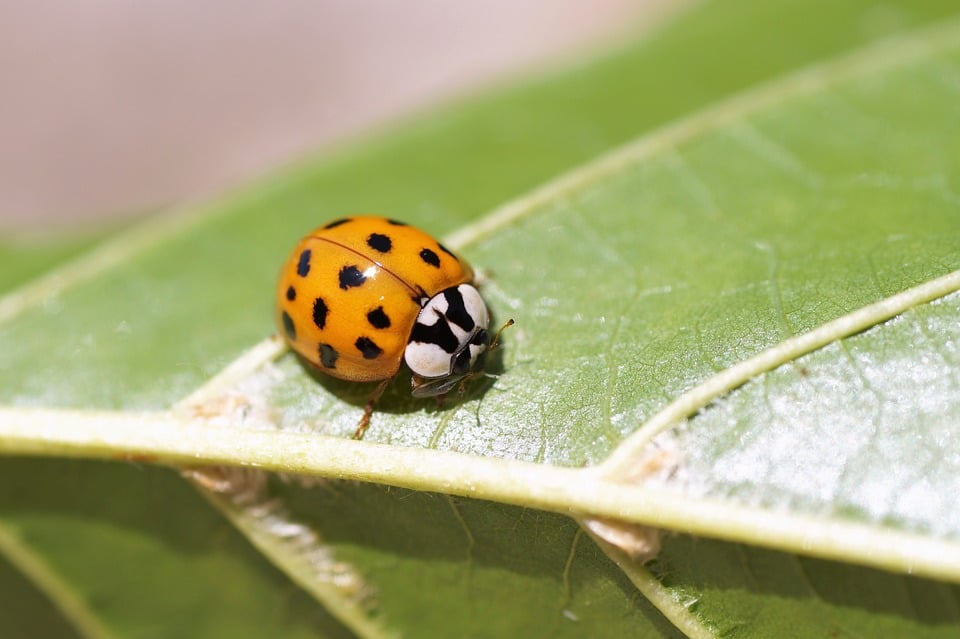Gardening is a labor of love, but it can be a battleground against pesky insects that threaten to invade your hard-earned greenery. While conventional pesticides might bring immediate relief, they often come with harmful chemicals that can affect both beneficial wildlife and the environment. Fortunately, there are natural insect repellents that can help protect your plants without the toxic side effects. In this article, we’ll explore ten natural insect repellents that actually work, ensuring your garden thrives while keeping unwanted pests at bay.
1. Neem Oil
Derived from the seeds of the neem tree, neem oil is one of the most effective natural insect repellents. It disrupts the life cycle of pests by acting as a pesticide, insect growth regulator, and repellent. It is particularly effective against aphids, whiteflies, spider mites, and more. To use neem oil, dilute it in water and spray it directly on affected plants.
2. Garlic Spray
Garlic is not just a culinary staple; it also serves as a powerful natural insect repellent. The sulfur compounds released when garlic is crushed can deter a variety of pests, including aphids, mosquitoes, and even deer. To make garlic spray, blend a few cloves with water, strain the mixture, and spray it onto your plants every few days.
3. Peppermint Oil
The fresh scent of peppermint may be inviting to humans, but it’s a strong repellent for insects like ants, spiders, and mosquitoes. To craft a peppermint spray, mix essential peppermint oil with water and a few drops of dish soap. Spray this solution around your garden or onto affected plants to keep pests at bay.
4. Soap and Water
A simple solution of soap and water can be an effective way to tackle soft-bodied insects such as aphids and spider mites. Mix a few drops of mild liquid soap with water in a spray bottle and apply it directly to the insects. The soap suffocates them, providing a quick and environmentally friendly solution.
5. Diatomaceous Earth
Diatomaceous earth is a natural powder made from the petrified remains of tiny aquatic organisms called diatoms. It works by damaging the exoskeletons of insects, causing them to dehydrate. Sprinkle food-grade diatomaceous earth around the base of plants and on leaves to protect against a variety of crawling insects, such as slugs and beetles.
6. Citrus Oil
The bright and zesty scent of citrus not only invigorates your garden but also acts as an excellent insect repellent. Insects like mosquitoes and ants are particularly averse to citrus oils. You can create a citrus repellent by mixing citrus essential oil (such as lemon or orange) with water and applying it as a spray.
7. Essential Oils
Various essential oils, including lavender, eucalyptus, and tea tree oil, are known for their insect-repelling properties. To create a multi-purpose insect spray, mix equal parts of different essential oils with water and a few drops of dish soap. This blend can deter mosquitoes, flies, and other common pests.
8. Basil and Other Companion Plants
Certain plants repel insects naturally. For instance, basil can deter aphids, whiteflies, and mosquitoes, while marigolds repel nematodes and some beetles. Incorporating these companion plants into your garden can help create a natural barrier against pests.
9. Vinegar
Vinegar is an effective repellent for ants and other pests. Mix equal parts water and white vinegar in a spray bottle and apply it to areas where you’ve seen insect activity. The strong odor disrupts their trails and helps keep them away.
10. Cayenne Pepper
Cayenne pepper is another natural deterrent. Mix a teaspoon of cayenne pepper with water and soap to create a spray that repels insects like aphids and mites. The spicy essence can irritate and deter them, giving your plants a fighting chance.
Conclusion
Natural insect repellents provide a safe and effective way to maintain the health of your garden while practicing responsible gardening. Incorporating these repellents into your care routine can create a harmonious ecosystem where your plants thrive and beneficial insects continue to flourish. Remember to test any new spray on a small area of your plants first to ensure they are not adversely affected. Embrace the wonders of nature, and let your gardening joy blossom—free from the worry of harmful pest invasions!
